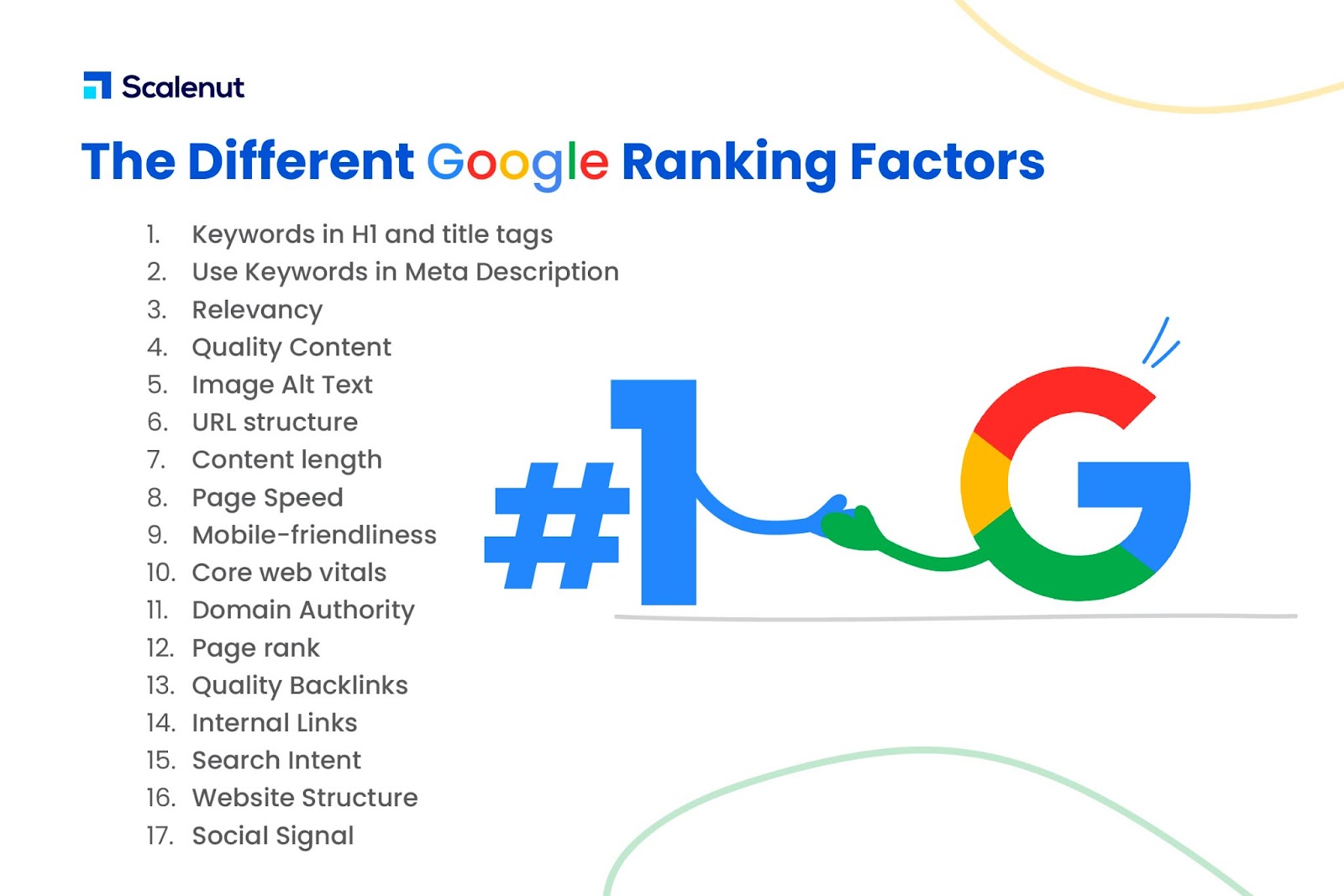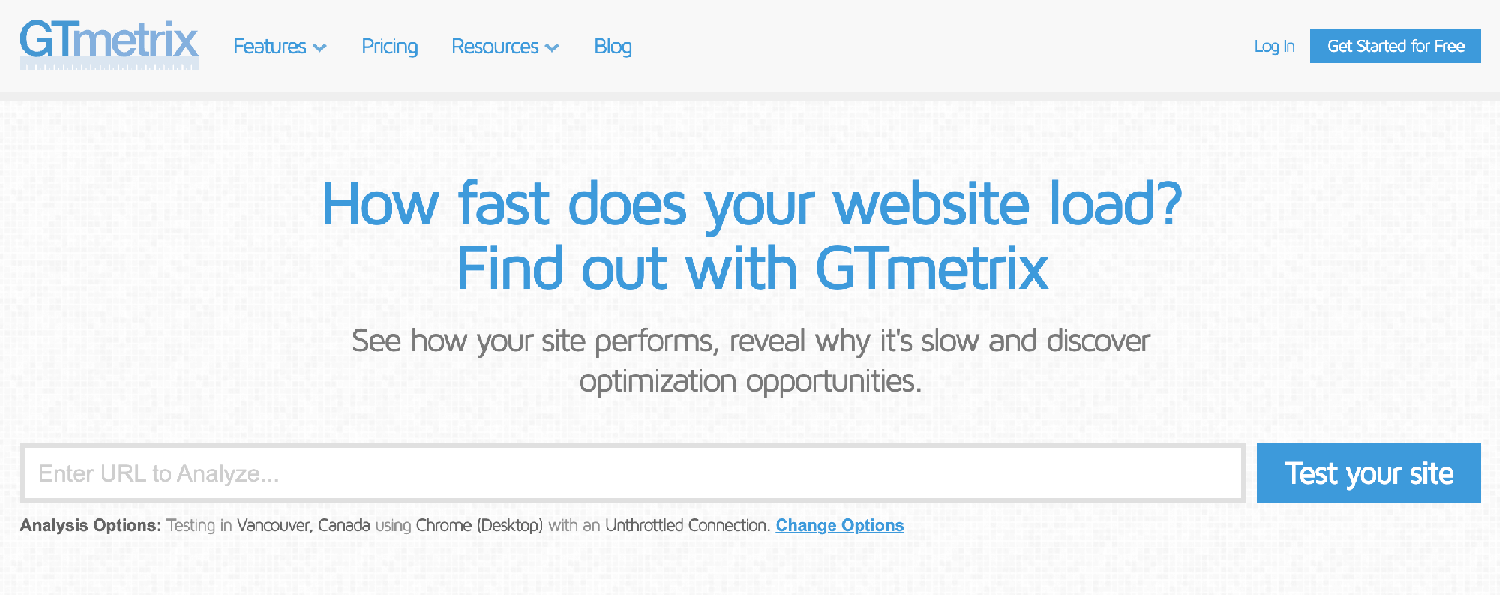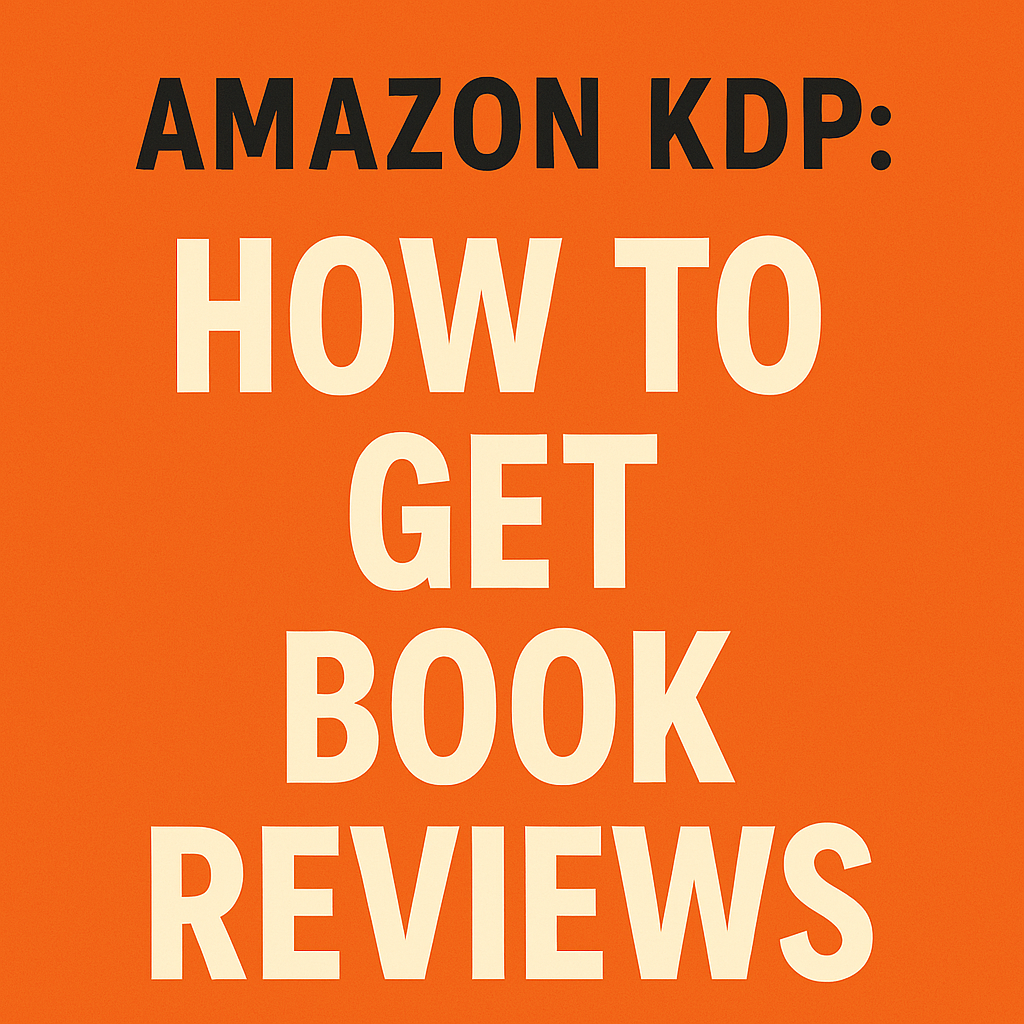When it comes to creating content for the web, one of the primary goals is to have it ranked on Google.
After all, Google is the most widely used search engine, and having your content appear on the first page of search results can greatly increase its visibility and reach.
The following are some essential tips on how to write content that gets ranked on Google.
Do Your Research
Before writing any content, it’s essential to do thorough research.
This research can include analyzing your target audience, identifying relevant keywords, and understanding what your competitors are doing.
By doing this research, you can create content that resonates with your target audience and optimizes your content for relevant keywords.
Optimize Your Content For Search Engines
Once you have identified the keywords you want to target, it’s essential to optimize your content for search engines.
This can be done through on-page SEO techniques such as including the target keyword in the title, URL, and meta description.
However, it’s important not to overdo it; your content should be readable and engaging to your audience, not just a vehicle for keywords.
Create High-Quality Content
The most critical factor in getting your content ranked on Google is to create high-quality content that is informative, engaging, and valuable to your audience.
Your content should be well-researched, well-organized, and easy to read.
Try to offer new and unique insights on the topic you’re covering, and use examples and visuals to support your points.
image: scalenut.com/blogs/google-ranking-factors
Keep It Up-To-Date
Google prioritizes fresh, up-to-date content, so make sure to keep your content relevant and timely.
If your content is outdated or no longer accurate, it’s unlikely to be ranked well on Google.
So, try to regularly update your content, especially if it’s a topic that evolves over time.
Use Internal And External links
Internal and external linking is an important aspect of on-page SEO.
Linking to other pages on your website can help search engines understand the structure of your content and improve the user experience.
Meanwhile, linking to authoritative external sources can boost your credibility and increase your chances of being ranked on Google.
Make It Shareable
Creating shareable content is an excellent way to increase your reach and visibility.
Encourage your readers to share your content on social media platforms and other websites, and make it easy for them to do so by adding social media buttons to your website.
Measure And Analyze your Results
Finally, it’s crucial to measure and analyze your content’s performance regularly.
By using analytics tools, you can track the number of visits, engagement metrics, and other key performance indicators.
This data can help you optimize your content further and make data-driven decisions to improve your search engine rankings.
Write Longer Articles
Studies show that longer articles tend to rank better on Google than shorter articles.
While this may vary depending on the topic and industry, aiming for at least 1000-1500 words can help increase your chances of ranking well.
Use Header Tags
Header tags (H1, H2, H3, etc.) help to break up your content into sections and make it easier to read.
They also signal to Google which parts of your content are most important, which can improve your search engine rankings.
Use Multimedia
Using multimedia such as images, videos, and infographics can help make your content more engaging and shareable.
It can also help you stand out from competitors who only use text-based content.
Focus On User Experience (UX)
Google prioritizes content that provides a good user experience.
This means making sure your website is easy to navigate, has a clear hierarchy of information, and loads quickly.
A great site to test your site’s speed is GTmetrix.
You should also make sure your content is easily readable on all devices, including mobile.
Promote Your Content
Finally, promoting your content can help increase its visibility and improve your search engine rankings.
Share your content on social media, reach out to other websites to see if they would be interested in linking to your content, and consider using paid advertising to drive traffic to your website.
A Combination Of Techniques And Strategies
In conclusion, getting your content ranked on Google requires a combination of techniques and strategies.
By doing your research, optimizing your content, creating high-quality content, keeping it up-to-date, using links, making it shareable, and analyzing your results, you can increase your chances of getting ranked on Google and driving more traffic to your website.







